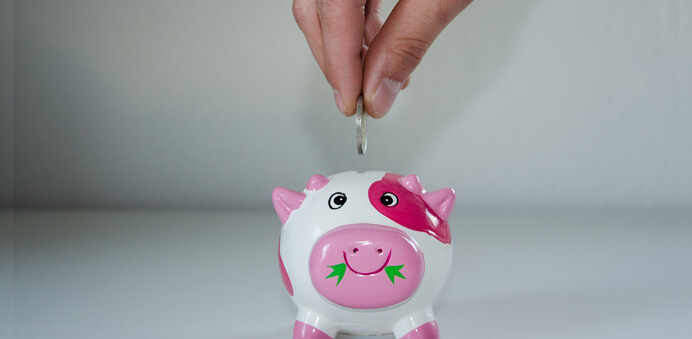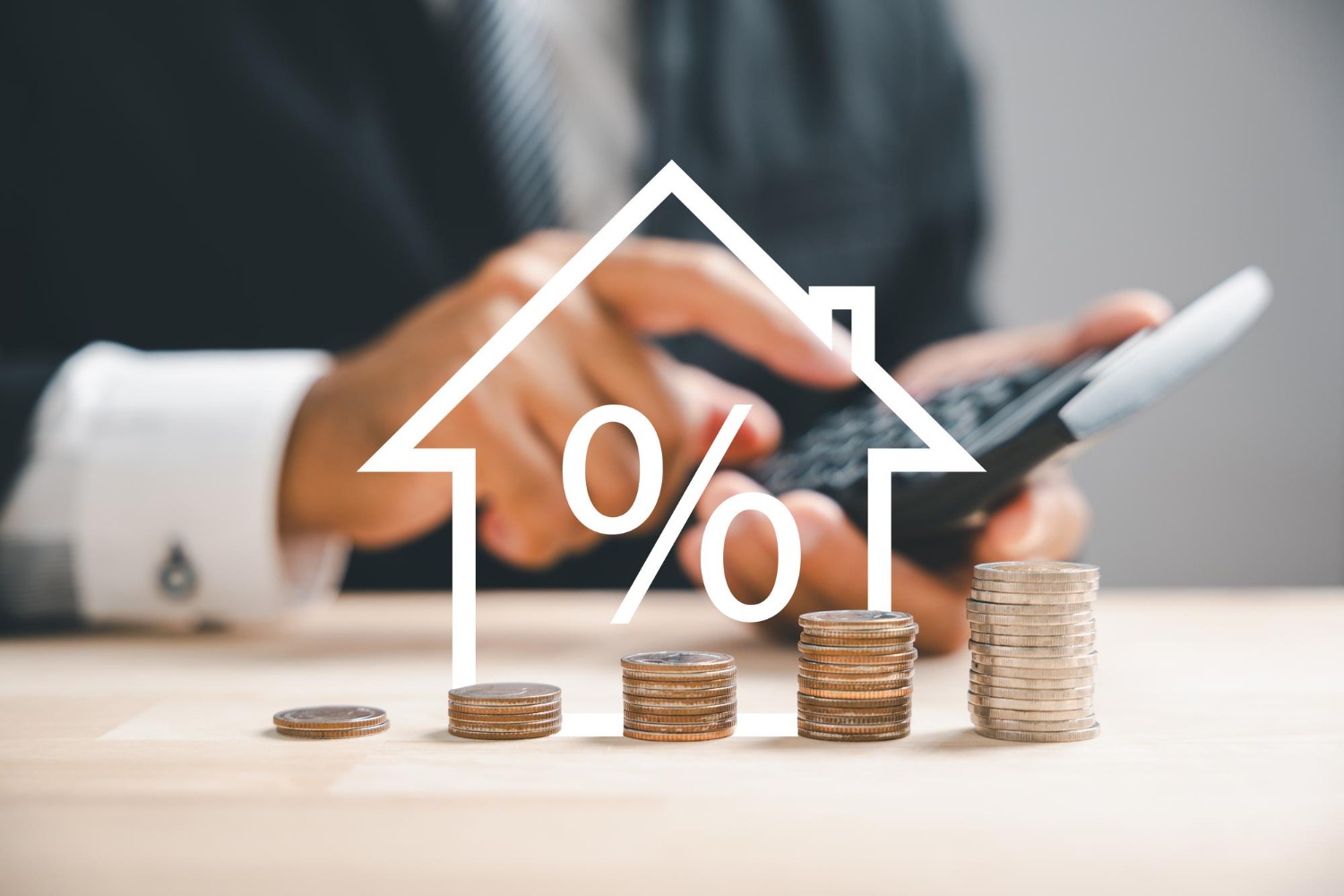
Investing in real estate is more than just about opportunities for investing in a home. It also needs careful planning and foresight and is definitely more complicated than investing in stocks and bonds. Over the past 50 years, investing in real estate as an investment has been seeing greater popularity – with people taking the plunge and investing in residential properties when prices fall and then selling it off when the market value has gone up substantially. This practice is as old as the practice of land ownership – with the landlord being responsible for payment of property taxes and EMIs as well as the maintenance.
The process of real estate investment starts with the scrutiny, purchase and ownership change process, followed by its management for rental or sale for purposes of profit. Investing in real estate is about keeping your money in a physical asset form rather than in the virtual form as is the case with stocks and bonds, and offers you limited liquidity as compared to other forms of investments. Aside from this, real estate is also capital intensive, and if not managed properly, it can become a risky asset. One of the major problems that arise is negative cash flow where the investor is unable to pay the EMIs due to lack of rent towards EMI or lack of soluble funds; this results in the sad end-result of being forced to resell the property, sometimes even at a loss.
However, this shouldn’t get you disheartened as there are many pluses to investing in housing. A typical real estate will generate cash flows in four general ways including:
- Capital appreciation, which simply means an increase in the value of the property over time
- Tax shelter offsets which refers to various schemes which enable you to escape from having to pay tax on part of your income and capital
- Equity build-up which is a significant benefit of home loan against rental property; as the homeowner collects and pays rent towards EMI payment, the loan amount reduces without the owner chipping in capital, thus the equity value of the property increases.
- Net operating income (NOI) which refers to leftover cash after making all payments from the inflow of cash in the form of incoming rent.
There are different ways of gaining income from property investment. You could buy a run-down property, give it a face-lift and then sell it at a profit or you could invest in a property and use it for rent income; alternatively, you could use it for speculation and selling when cost values have gone up. All these are excellent ways of increasing wealth, but it’s always better to take the assistance of a property lawyer to prevent any loopholes in the acquisition or selling process as well as in the investigation and verification of the solvency of the property before buying.
Another important aspect to property acquisition is to look for properties where you are more likely to get tenants; this would reduce your own capital investment and get your loan paid off without too much investment.












